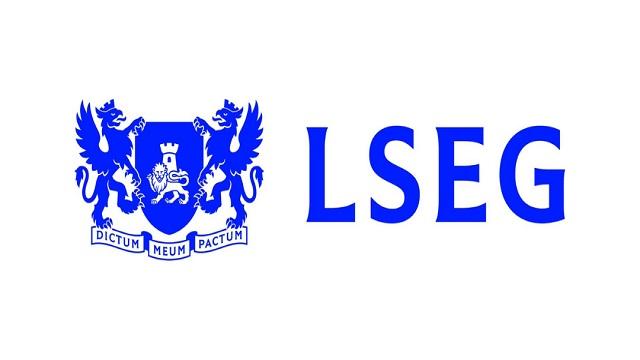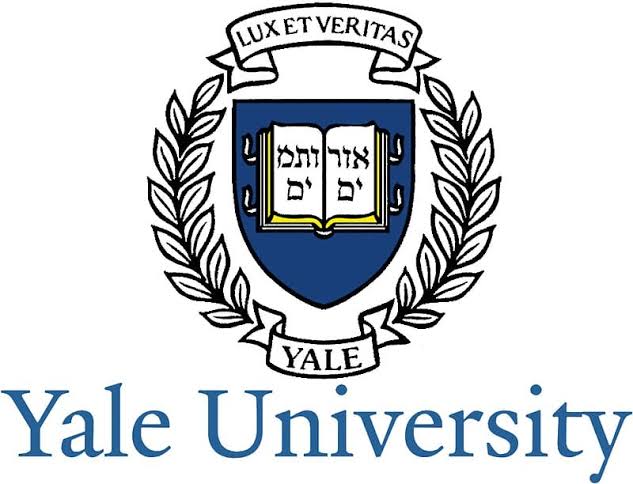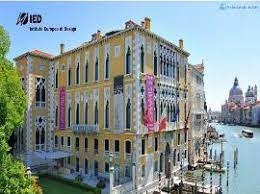SARB Graduate Development Programme 2026 – A Detailed Guide
The South African Reserve Bank (SARB), the central bank of South Africa, is offering an exceptional opportunity for young, talented graduates to join their Graduate Development Programme (GDP) for the 2026 intake. The SARB plays a pivotal role in the economic stability of the country, and this program is designed to develop the next generation of leaders and specialists within the financial sector. If you are passionate about economics, finance, and contributing to South Africa’s financial system, this program could be the ideal way to launch your career.
In this article, we will explore the SARB Graduate Development Programme 2026, its structure, benefits, eligibility criteria, and how to apply. Whether you have a background in economics, finance, accounting, or mathematics, this program offers a unique learning experience, combining theory with hands-on exposure to the core functions of the South African Reserve Bank.
What is the SARB Graduate Development Programme (GDP)?
The SARB Graduate Development Programme is an annual initiative that provides a developmental platform for talented graduates to gain valuable experience in the financial sector. The program is aimed at highly motivated and talented individuals who have completed their studies and are eager to contribute to the work of the Reserve Bank.
The 2026 intake of the SARB Graduate Development Programme offers participants the chance to work in different areas within the Reserve Bank, including monetary policy, financial markets, banking supervision, financial stability, and economic research. This exposure allows graduates to build a deep understanding of the core functions of the bank and to contribute meaningfully to the South African economy.
Program Structure: What to Expect
The SARB Graduate Development Programme is a 12-month program that combines formal training, on-the-job experience, and mentorship. This comprehensive approach ensures that graduates not only gain theoretical knowledge but also the practical skills needed to thrive in their careers.
Here’s a breakdown of the program’s key features:
1. Formal Training
Graduates will undergo specialized training sessions aimed at developing the technical and soft skills required for success in the financial services sector. This training often includes modules on:
- Monetary policy and financial systems
- Macroeconomics and economic analysis
- Financial markets and instruments
- Banking regulation and supervision
- Risk management and compliance
2. Rotational Job Placements
Participants will have the opportunity to work in various divisions of the Reserve Bank, where they will be rotated across different functional areas. This exposure allows graduates to gain a holistic understanding of the bank’s operations and helps them determine which area they are most passionate about.
Typical job placements may include:
- Economic Research: Conducting research on macroeconomic indicators, policy implementation, and financial stability.
- Monetary and Financial Policy: Assisting in the formulation and implementation of national monetary policy.
- Banking Supervision: Helping to monitor the health of financial institutions and ensuring that banks operate in line with regulations.
- Financial Markets: Supporting the bank’s market operations, including currency and bond trading.
3. Mentorship
Each graduate will be paired with a mentor who is an experienced professional at SARB. The mentor will guide the graduate through the learning process, helping them navigate the complexities of the financial sector, provide insights into career development, and offer valuable career advice.
4. Networking Opportunities
Throughout the year, graduates will have the opportunity to connect with other professionals, attend workshops, and participate in SARB events. These networking opportunities are essential for career development and open doors to long-term professional relationships.
5. End-of-Program Assessment
At the conclusion of the program, graduates will be assessed based on their performance throughout the year. Successful participants will be considered for permanent employment with the South African Reserve Bank, or they may be offered other opportunities within the broader financial sector.
Eligibility Criteria: Are You a Fit for the SARB Graduate Development Programme?
The SARB Graduate Development Programme is highly competitive, and there are specific criteria applicants must meet to be considered for the 2026 intake. Here’s what you’ll need:
1. Educational Requirements
- A completed undergraduate degree (preferably in Economics, Finance, Accounting, Mathematics, or a related field).
- Postgraduate qualifications such as a Master’s degree or higher are often seen as an advantage, especially in specialized fields like economics or finance.
- Applicants should have a strong academic record, with a focus on subjects like economics, finance, mathematics, accounting, and business administration.
2. Academic Excellence
- Applicants should have demonstrated academic excellence in their studies. While specific marks may vary, SARB looks for individuals who have consistently excelled in their coursework and have the ability to think critically and analytically.
3. Age Limit
- Typically, applicants must be between the ages of 21 and 30 years. However, this may vary depending on the year and specific requirements for the program.
4. South African Citizenship
- Only South African citizens are eligible to apply for this program, as it is aimed at training the next generation of leaders who will contribute to the country’s economic growth and financial stability.
5. Strong Analytical and Problem-Solving Skills
- Graduates should be able to demonstrate excellent analytical skills and problem-solving abilities. As SARB plays a central role in managing South Africa’s financial system, a keen understanding of economic trends and financial models is crucial.
6. Communication and Interpersonal Skills
- Strong written and verbal communication skills are essential, as graduates will be expected to contribute to reports, presentations, and discussions in a professional setting.
- Graduates should be comfortable working in teams, engaging with colleagues at different levels of the organization, and interacting with various stakeholders in the financial sector.
7. Willingness to Learn and Adapt
- Graduates should be motivated to learn, willing to take on new challenges, and adaptable to changing circumstances in a dynamic work environment.
Benefits of Joining the SARB Graduate Development Programme 2026
There are several long-term benefits to participating in the SARB Graduate Development Programme, making it an attractive option for young graduates interested in a career in the financial sector.
1. Skill Development
The program offers a comprehensive learning experience, combining academic knowledge with real-world applications. Graduates will acquire specialized knowledge in areas such as monetary policy, financial regulation, and risk management.
2. Networking and Exposure
Graduates will gain exposure to senior professionals in the financial sector and build a professional network that will be invaluable as they progress in their careers.
3. Career Progression
The program serves as an excellent launchpad for those looking to build a long-term career with the South African Reserve Bank or within the broader financial services industry. Graduates who perform well during the program may be offered permanent roles at SARB or in affiliated institutions.
4. Competitive Salary and Benefits
The program provides a competitive salary for the duration of the year. In addition, successful graduates may be offered permanent employment with SARB after completing the program, along with access to health benefits, retirement savings plans, and other perks.
5. Contribution to National Development
By joining SARB, graduates have the unique opportunity to contribute directly to South Africa’s economic stability and growth. The work done at SARB impacts national policy, financial markets, and the health of the broader economy.
How to Apply for the SARB Graduate Development Programme 2026
If you are ready to take the first step toward a career with the South African Reserve Bank, follow these steps to apply:
1. Visit the SARB Careers Page
The first step is to visit the SARB careers website and search for the Graduate Development Programme 2026 listing. Make sure to carefully read the job description and requirements to ensure that you meet the eligibility criteria.
2. Prepare Your Application Documents
Make sure you have the following documents ready:
- CV/Resume outlining your academic qualifications, work experience (if applicable), and skills.
- Certified copies of your academic records, including your undergraduate and postgraduate qualifications.
- Cover letter explaining why you are interested in the Graduate Development Programme and what you hope to gain from the experience.
- Proof of South African citizenship (e.g., ID document).
- Other supporting documents as required by the application instructions.
3. Submit Your Application
Complete the online application form and upload all required documents. Be sure to submit your application before the deadline (check the SARB website for specific dates).
4. Wait for Feedback
Once your application is submitted, SARB will review all applicants and shortlist candidates for interviews. If you are shortlisted, you may be invited to participate in assessments or interviews.
The SARB Graduate Development Programme 2026 offers an incredible opportunity for young, talented individuals to launch their careers in South Africa’s financial sector. With hands-on experience, world-class training, and exposure to various functions within the Reserve Bank, this program is a unique pathway to becoming a leader in the field of economics, finance, and banking.
If you meet the eligibility criteria and are passionate about shaping the future of South Africa’s financial system, this is the perfect opportunity for you.





